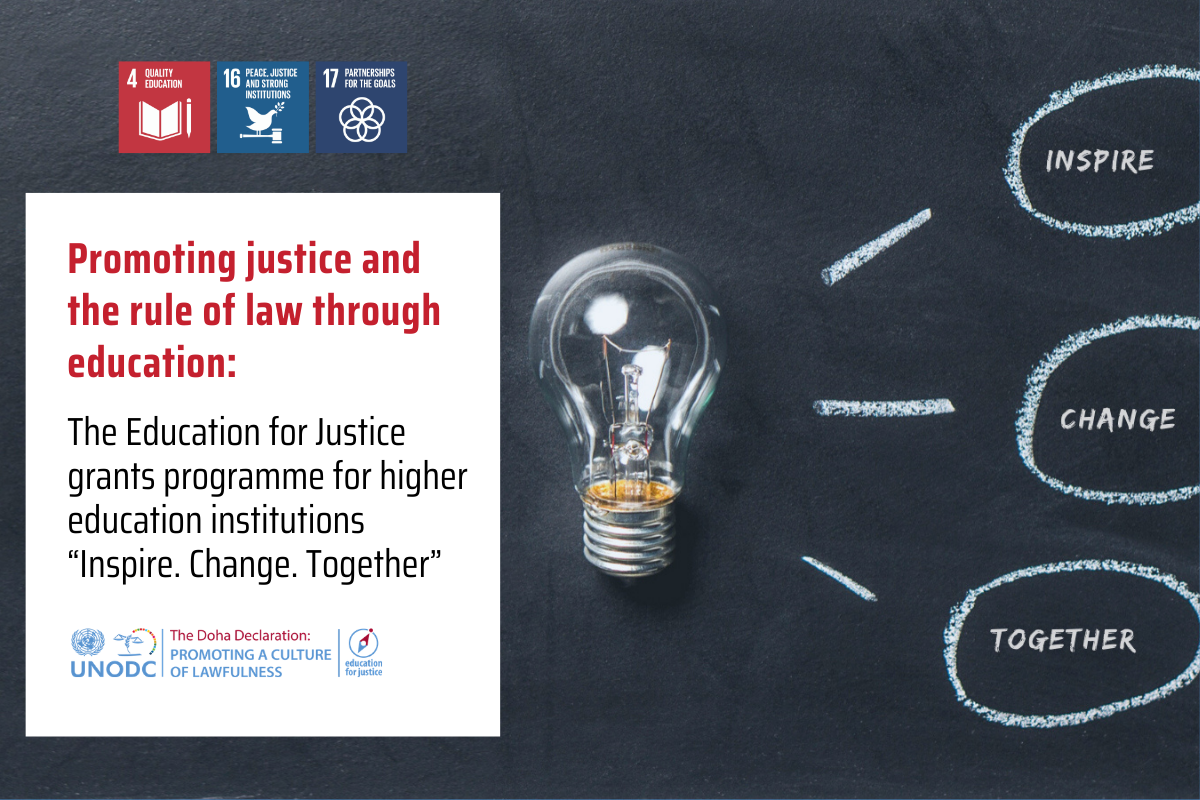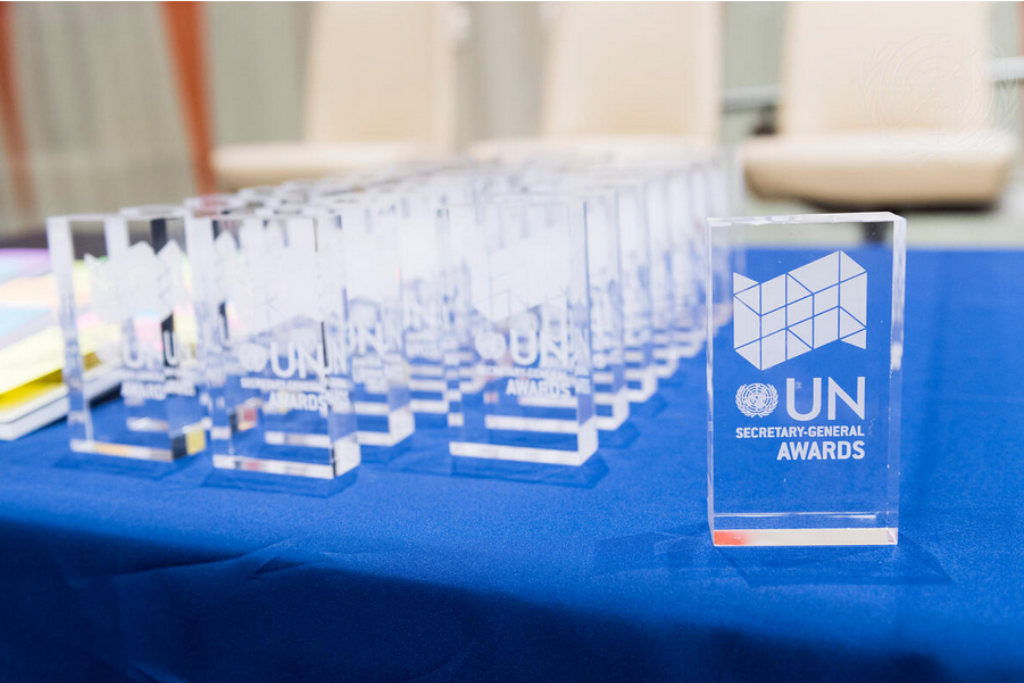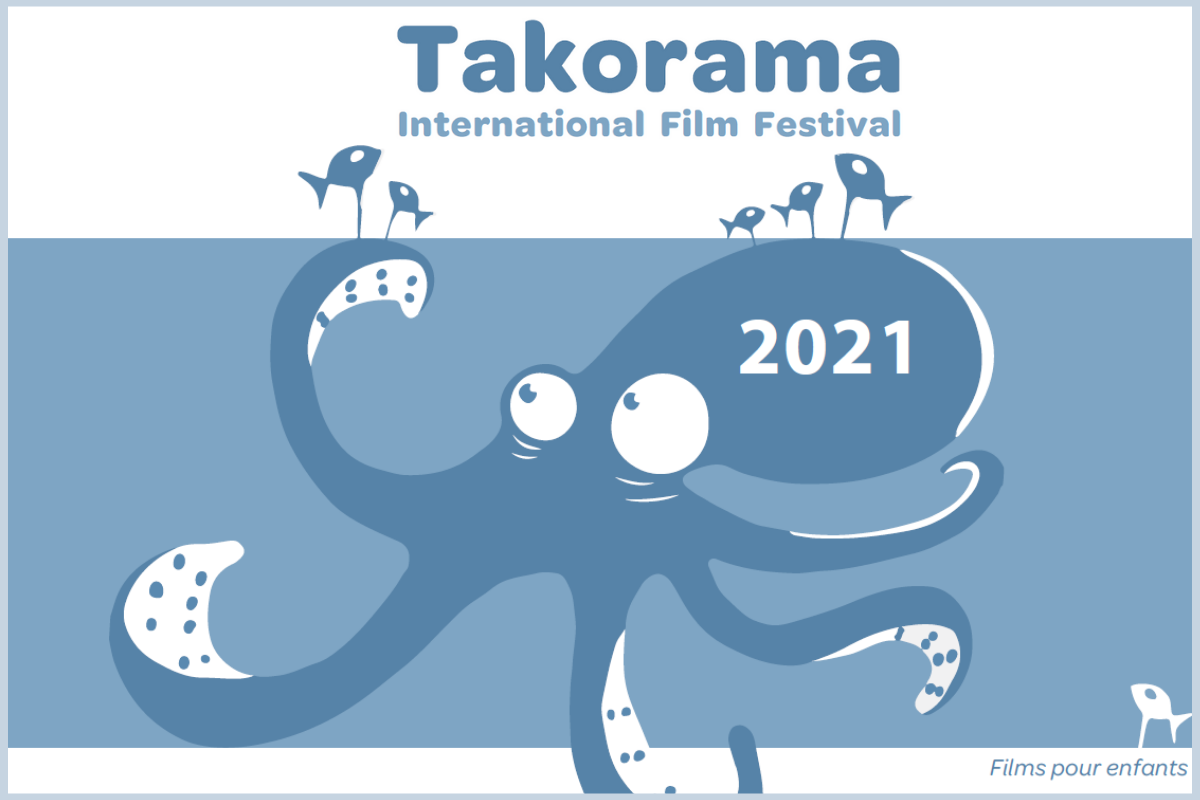Three years in the making, E4J's journey to inspire change together has only just begun

11 October 2019 - The notion that it takes a village to raise a child, as the old African proverb goes, has never been more germane than it is today. With a global community increasingly prescient about the need to join forces to ensure a better future for today's children, there is a strong awareness that the Global Agenda's 17 Sustainable Development Goals are applicable equally everywhere, and that cooperation is needed to achieve them.
UNODC's Education for Justice (E4J) initiative has devoted the past three years to the development and creation of valuable and quality resources for educators and students, to teach children of all ages the essence of rule of law and its positive impact on everyone's life. These varied resources took place of pride during the vibrant discussions held this week at UNODC headquarters in Vienna, where over 350 educators, academics, policymakers, experts and Member States representatives gathered for the " International High-Level Conference "Educating for the Rule of Law: Inspire Change Together" at E4J's invitation.
 While the first day's sessions joined all participants for wide-ranging panels on SDG linkages and various aspects of strengthening rule of law through education, the second day was dedicated to numerous breakout sessions, allowing for more in-depth discussions with smaller groups on issues relating to the primary, secondary and tertiary levels. Participants were brought back together on the third and final day for interesting and vigorous interactive discussions, and a very convivial concluding session which looked forward to E4J's next steps.
While the first day's sessions joined all participants for wide-ranging panels on SDG linkages and various aspects of strengthening rule of law through education, the second day was dedicated to numerous breakout sessions, allowing for more in-depth discussions with smaller groups on issues relating to the primary, secondary and tertiary levels. Participants were brought back together on the third and final day for interesting and vigorous interactive discussions, and a very convivial concluding session which looked forward to E4J's next steps.
|
"I come away from these past three days with hope that we will continue to reach people in the way they want to be reached, which is the reason why our education content is accessible and relevant," said Marco Teixeira, Senior Programme Officer of the Global Programme for the Implementation of the Doha Declaration, of which E4J is a component. "We invite everyone to be part of our big educational family and to register on our website," he added, "because the potential of E4J to foster positive change is immense."
Judging from the responses and engagement of the participants, it is evident that E4J has already left a clear footprint on the global education trail. For the tertiary level, the shared expertise of more than 600 academics and countless UNODC experts in crime prevention and criminal justice has resulted in an extensive and impressive portfolio of E4J educational material. With more than 4,000 pages which lecturers around the world can consult online, print and easily integrate into their courses (in their entirety or selectively), the tertiary level's series of ninety modules covers the top ten most pressing global issues and remains a unique and progressive resource.
For the secondary level, E4J has created the only resource guide to allow Model United Nations (MUN) student conferences to incorporate rule of law and other UNODC mandate issues into their games. Working with non-profit organizations, it has also developed a number of games (both board games and electronic games) and has partnered with renowned corporations and civil society organizations to offer exciting hackathons to youngsters around the world.
E4J and UNESCO, under their joint Global Citizenship Education programme, have also developed two handbooks for primary and for secondary school teachers, guiding them in their mission to empower students and build their awareness on rights, justice and the rule of law.
For the primary level, where the promotion of a culture of lawfulness begins, E4J helps teachers address rule of law issues in the classroom with - amongst others - the inimitable Zorbs cartoons, the alien characters who teach children valuable lessons in acting for the good of others, and the Chuka video game, the courageous girl who teaches children how to break the silence and speak out about gender-based violence.
|
The expert feedback of professionals in the field has always been welcomed and highly valued by E4J, but there is no doubt that children's contributions often have a deeper impact, even when we have become accustomed to seeing passionate young people putting adults under the spotlight, defying them to do what it takes to remedy the ills which fester around the world. To give a voice to both the educators and the students, E4J thus invited several youngsters (winners of various E4J competitions) to the conference to share their perspectives and visions on rule of law matters, through word, song and art. While their collective talent delighted everyone, it was probably 11-year old Naomi Oloyode, the youngest, who left the strongest impression as she confidently and articulately appealed to the more than 350 conference delegates: "The future of children is in the hands of parents, leaders and policymakers. I plead with you to join hands together to make our world a better, safer and more inclusive space."
The standing ovation for Naomi was perhaps the most discernable sign of commitment to this challenging undertaking, but the engaged deliberations over three days demonstrated just as firmly a profound conviction that the promotion of rule of law in all its facets is a fundamental part of education. It is a vocation to which Education for Justice is deeply committed, as it works to foster global citizens with a solid moral and ethical compass.
Additional information:
Education for Justice


